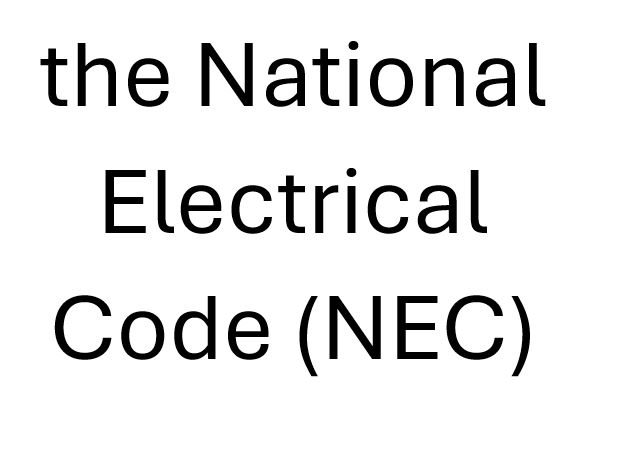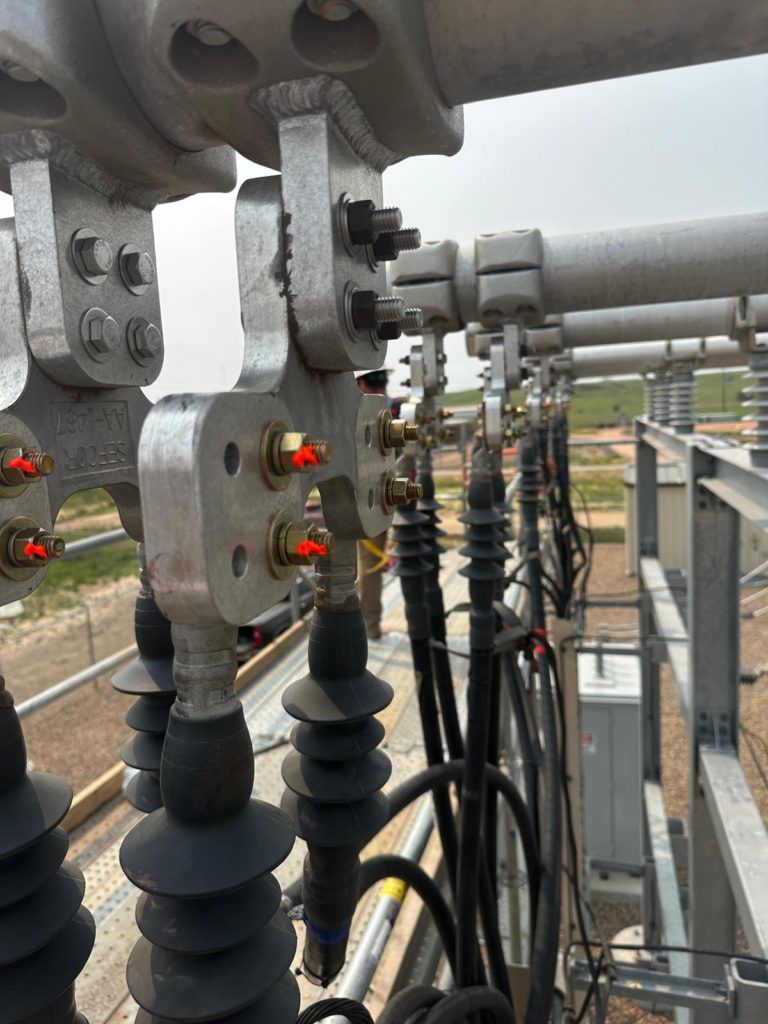Understanding NEC Compliance: A Comprehensive Guide

Understanding NEC Compliance: A Comprehensive Guide
Introduction to NEC Compliance
The National Electrical Code (NEC), also known as NFPA 70, is a set of standards developed to ensure safe electrical design, installation, and inspection in the U.S. It is vital for anyone working with electrical systems to understand and comply with these regulations. NEC compliance helps prevent electrical hazards like shocks, fires, and short circuits, ensuring the safety of both professionals and end-users.
Essential National Electrical Code (NEC) Questions Every Worker Should Know

Essential National Electrical Code (NEC) Questions Every Worker Should Know.
The NEC is a set of standards developed by the National Fire Protection Association (NFPA) to ensure the safe installation and maintenance of electrical systems. It provides guidelines to prevent electrical hazards and ensure the safety of people and property.
Understanding the National Electrical Code (NEC): A Guide for Homeowners and Professionals

Understanding the National Electrical Code (NEC): A Guide for Homeowners and Professionals
The National Electrical Code (NEC) is a crucial set of guidelines for electrical installations and safety standards in the United States. Established by the National Fire Protection Association (NFPA), the NEC is updated every three years to address evolving technologies and safety practices. Here’s what you need to know about this important code:
Essential OSHA Questions Every Worker Should Know

Essential OSHA Questions Every Worker Should Know.
OSHA, the Occupational Safety and Health Administration, is a U.S. government agency that sets standards and regulations to ensure workplace safety and health. Its primary purpose is to reduce workplace hazards and protect employees from potential dangers.
What is Lockout/Tagout (LOTO) and Why is it Important in Electrical Services?

What is Lockout/Tagout (LOTO) and Why is it Important in Electrical Services?
Lockout/Tagout (LOTO) is a critical safety procedure outlined by OSHA to protect workers from hazardous energy during equipment maintenance. In the electrical services industry, LOTO is especially important to prevent electric shock, arc flash, or equipment startup while performing repairs.
